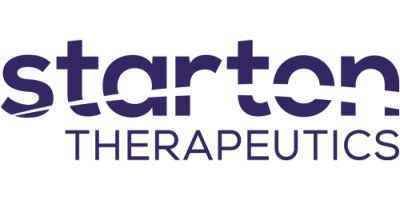

- Home
- Companies
- Starton Therapeutics
- News
- Starton Therapeutics’ STAR-LLD ...
Starton Therapeutics’ STAR-LLD Continuous Delivery Shows Superior Tumor Reduction and Progression Free Survival (PFS) Compared to Pulsatile Lenalidomide Treatment in Lenalidomide-Resistant Model
Starton Therapeutics Inc., (the “Company”) a clinical stage biotechnology company announced today results from a 28-day efficacy study of STAR-LLD continuous subcutaneous (SC) infusion versus intraperitoneal (IP) lenalidomide in immunomodulatory drug (IMiD)-resistant RPMI CB.17 SCID mice. In this preclinical study: continuous delivery of lenalidomide resulted in improvements in the mean time to total treatment failure (TTF) in the 216 mcg/day (58 days) and 288 mcg/day (58 days) groups compared to both vehicle and LLD IP arms. The improvement compared to vehicle and LLD IP in the 288 mcg/day group was statistically significant (p<0.05).
Mean tumor volume at the end of the 27 day cycle was ~40% greater in the vehicle and IP-treated animals (1096 an 1042 mm3) compared to continuous doses of 144 mcg/day (742 mm3), 216 mcg/day (707 mm3), and 288 mcg/day (702 mm3). These differences were significant (p<0.05).
“We conducted this study to further analyze our hypothesis that changing the pharmacokinetic profile of lenalidomide may result in clinically superior pharmacodynamic outcomes,” said Jamie Oliver, the Company’s Chief Medical Officer. “We are encouraged by these results and believe STAR-LLD has the potential to provide a significant benefit to patients with multiple myeloma, lymphomas, and CLL.”
Five groups of animals (n=10 per group) were implanted with RPMI 8226 cells. Overall tolerability was not different between the groups, including variability in body weight which was acceptable across all treatment groups in both studies. In lenalidomide-resistant tumors there was no significant difference in mean TTF between vehicle and IP lenalidomide treated animals.
These data suggest that changing the delivery of lenalidomide to a continuous subcutaneous infusion improves tumor control and tumor volume in lenalidomide resistant tumors.
The Company previously announced an upcoming Phase 1b/2 clinical study in multiple myeloma and is currently targeting enrollment at US sites in the first half of 2023.
